DEAR AHMAD JAMAL (1930-2023)
|Samuel Hyland
Jazz musician AHMAD JAMAL, who passed away last Sunday at the age of 92, escapes the bounds of mortal limitations.
“A scholar is never finished. He’s always seeking. I’m seeking.”
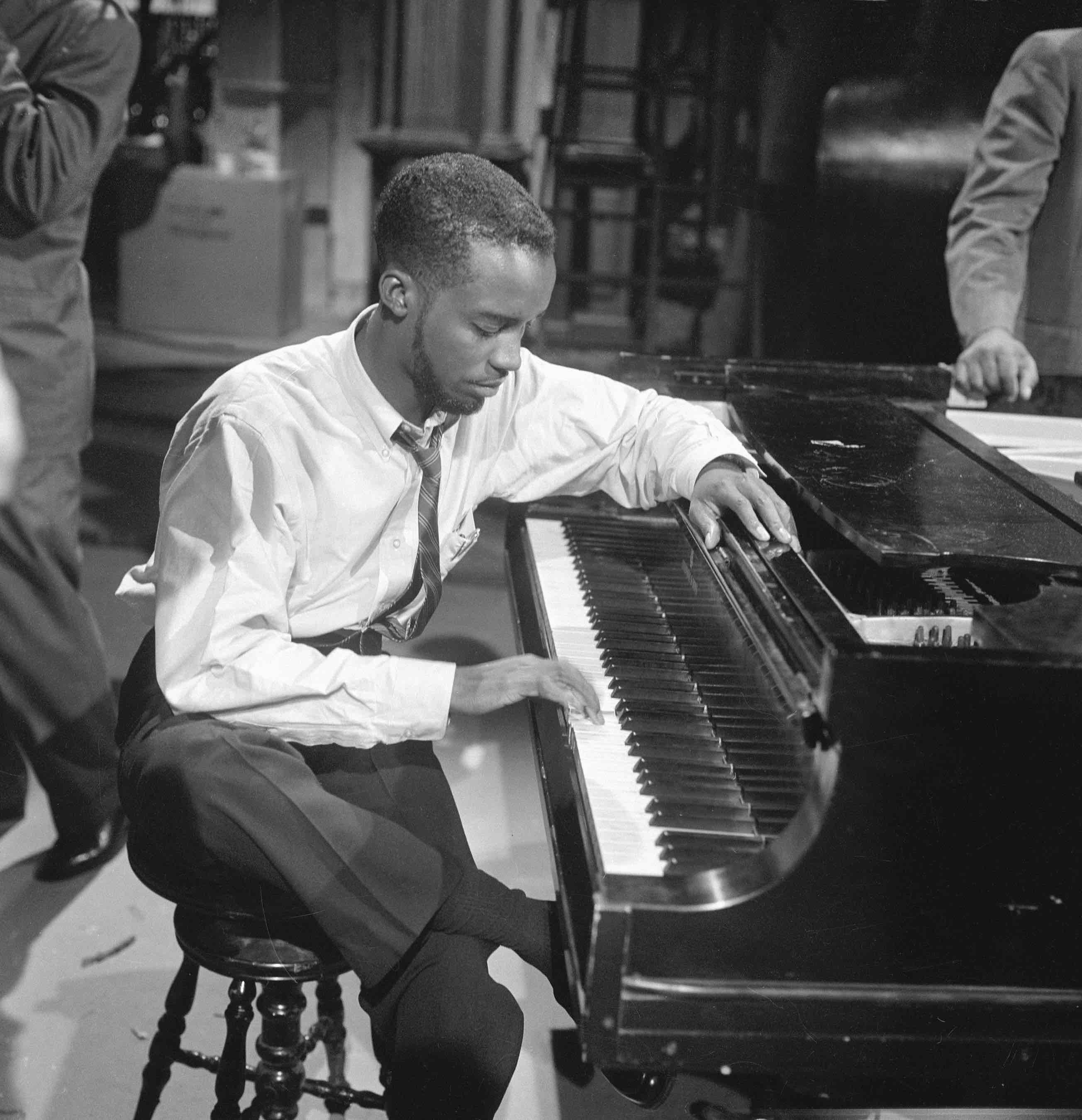
My introduction to Ahmad Jamal, and perhaps music at-large, came wrapped in a box shaped like a DVD. It was Christmas of 2012, and my grandmother had gotten me a copy of NBA 2K13 for the Wii system—a dying console by then, which meant that while my friends were able to play each other in competitive online matches, I was stuck experimenting with the game’s limited offline modes on my own. Through monotonous perusals of its opening menu, I often felt strangely intimidated by its stadium-ready soundtrack. Though it was fitting music for a league-level basketball simulation—chant-friendly choruses; rumbling basslines; ideal intensity levels for hyping up professional athletes—for me, a scrawny nine-year-old whose sole musical background was my parents’ somber gospel records, the soundscapes were less inspiring than they were overwhelming.
Ahmad Jamal did not appear on the soundtrack of NBA 2K13, his footprint did. “The World Is Yours,” a staple from the New York rapper Nas’ debut album Illmatic (1994), is sampled from a wistful five-second segment of “I Love Music,” a key-heavy jazz track Jamal recorded with his Ahmad Jamal Trio in 1970. As is often the case across his body of work, the brief piano interval feels at once grand and hushed—as if it’s ushering you into a spectacle, but with a polite nudge, not a shove. It was a comforting agent in a game that often frustrated me to near tears, then thrust me into an opening menu that would only serve to throw more intimidating music my way. Commonly seen in my family’s living room was a young me, Wii remote in hand, standing before the blaring menu screen in restless anticipation of my new favorite song’s arrival. It was an oddly specific place to look for solace, but one that led me to begin searching for it in music.
For the era he inherited at-large, Jamal played a calming role similar to the one he played for me. The renowned musician, who died at age 92 of prostate cancer this past Sunday, began his career when bepop took the jazz world by storm. Jamal’s wistful sensibilities operated in stark contrast to the genre’s restless new direction, prioritizing hushed simplicities over angular, convoluted soundscapes. “What I look for is character, perception, understanding of the music, philosophically, and some ability to empathize with the leader,” he told the San Diego Tribune of the criteria he used to select band members in a 2007 profile. “If you don’t have character, you can’t really perform up to a certain level.” His music was held to the same set of standards—it is perceptive, understanding, philosophical, empathetic. In a sense, what continues to make Ahmad Jamal stand out in a litany of jazz pioneers is his unashamedly human approach. Whereas peers like Miles Davis and Duke Ellington bewitched listeners with all-out experimentation and technical skill, Jamal’s music was heavy enough to move you, but light enough to do it gently.
In an era that sees us try, as we always have, to escape the bounds of our mortal limitations—whether by means of self-driving cars, artificial intelligence, or ambitious outer-space endeavors—Jamal’s catalogue remains a testament to the ability of a single individual to create something infinite. As I write this, a controversial joint song by the AI-generated voices of Drake and the Weeknd is at the top of my Twitter feed. The song is objectively pleasing at surface level, but there is something about it not being real that makes it feel perpetually out of reach. An out-of-reach sensibility is something that has defined artistry in the internet era, and perhaps this is only a new face of it. This past Sunday, Frank Ocean drew controversy for a Coachella set rife with artist-to-audience miscommunications; that same night, longtime recluse Jai Paul played his first-ever live show at the festival—to the pleasure of those in attendance, and to the chagrin of those at home who were shocked to learn that there would be no livestream. What makes Jamal interesting, in retrospect, is that he never really did seem to have what may now be a prerequisite of compelling artistry: something to hide.
“I would like to be a scholar in whatever I do,” he said in a 2004 interview. “A scholar is never finished. He's always seeking. I'm seeking.” Because Jamal sought, countless others—including myself—may now seek.
Credits
- Text: Samuel Hyland
Related Content
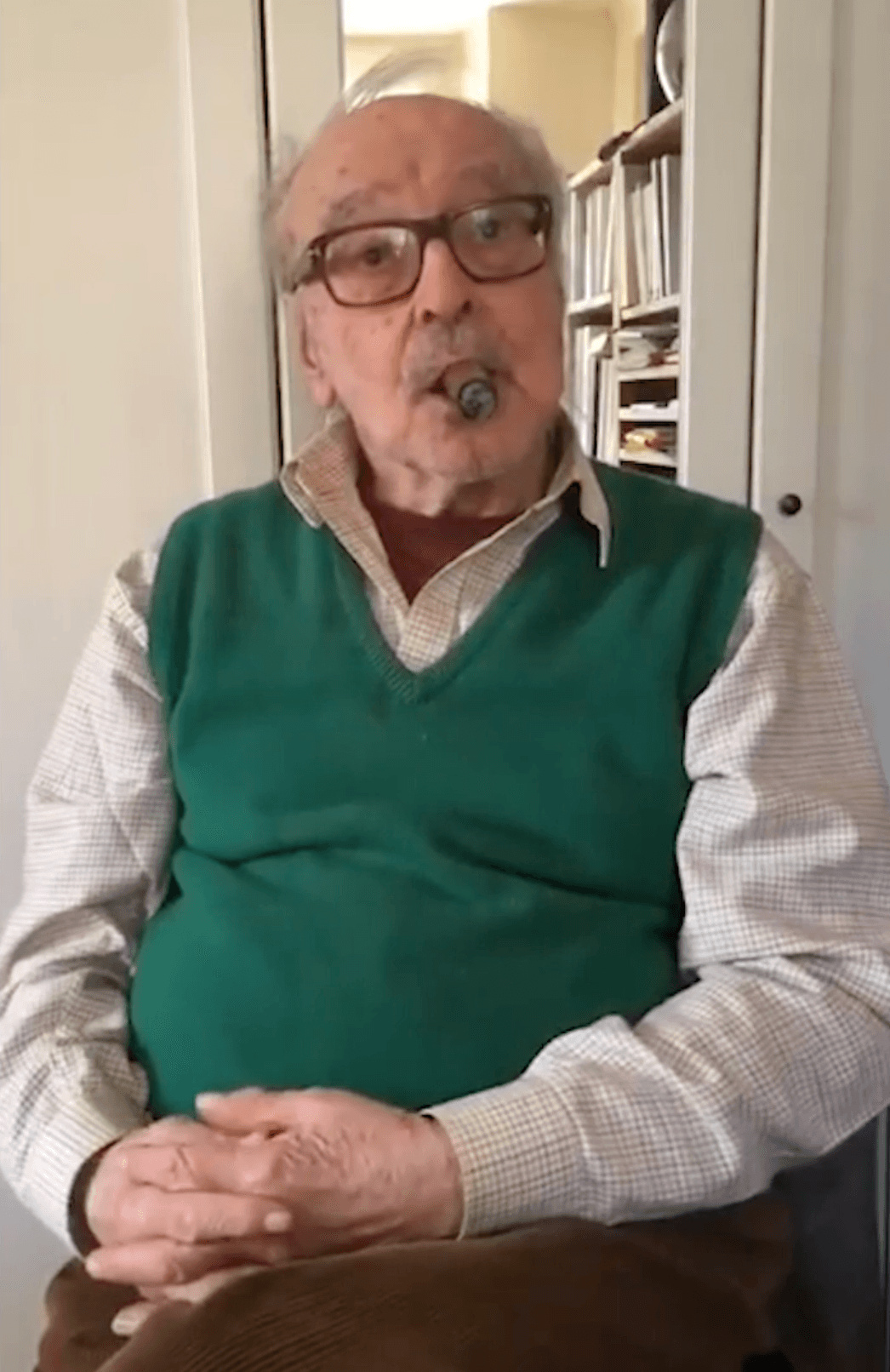
DEAR JEAN-LUC GODARD

Obituary: The Last Estate of BROOMBERG & CHANARIN
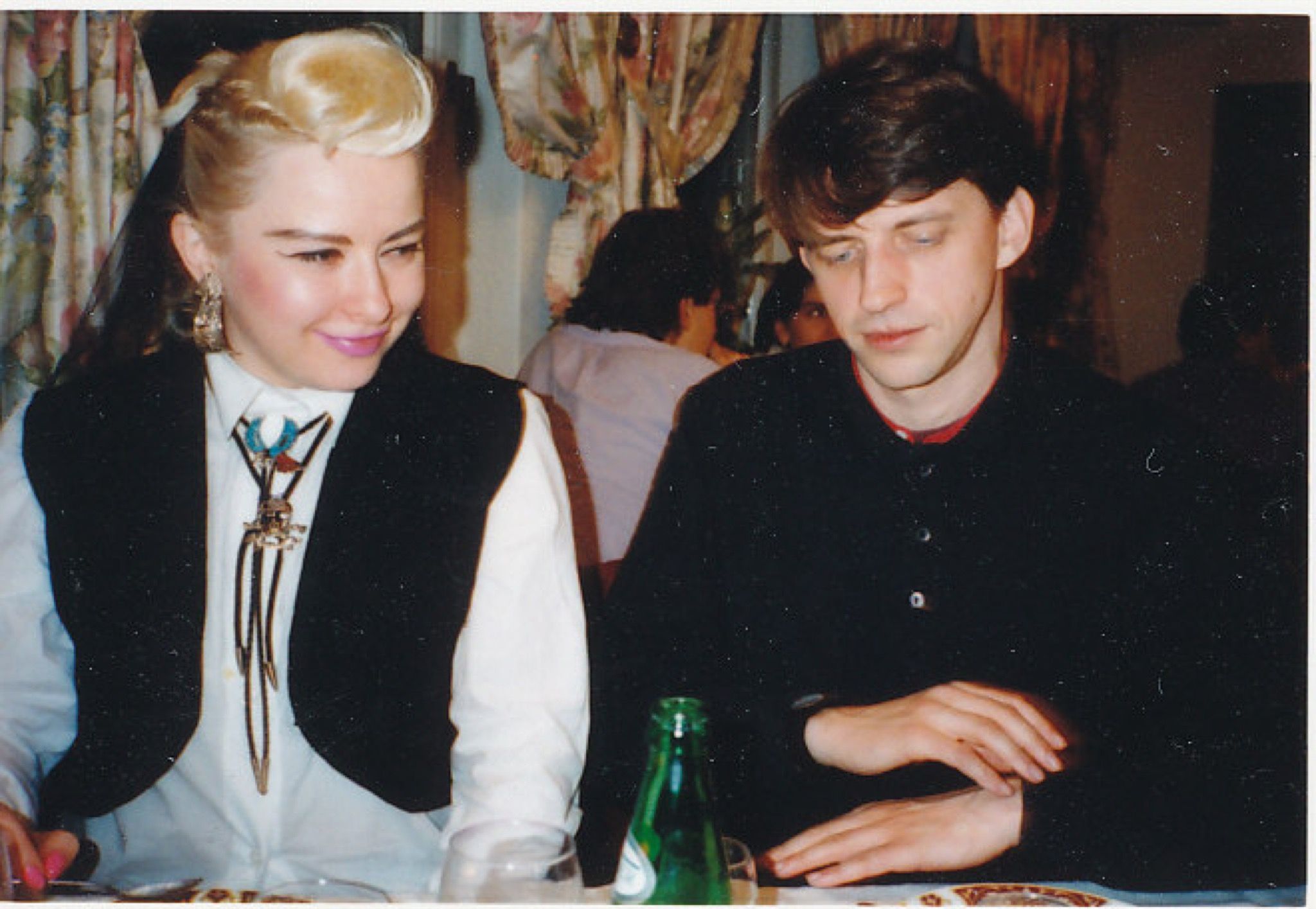
In Memoriam: TABEA BLUMENSCHEIN (August 11, 1952 – March 2, 2020)
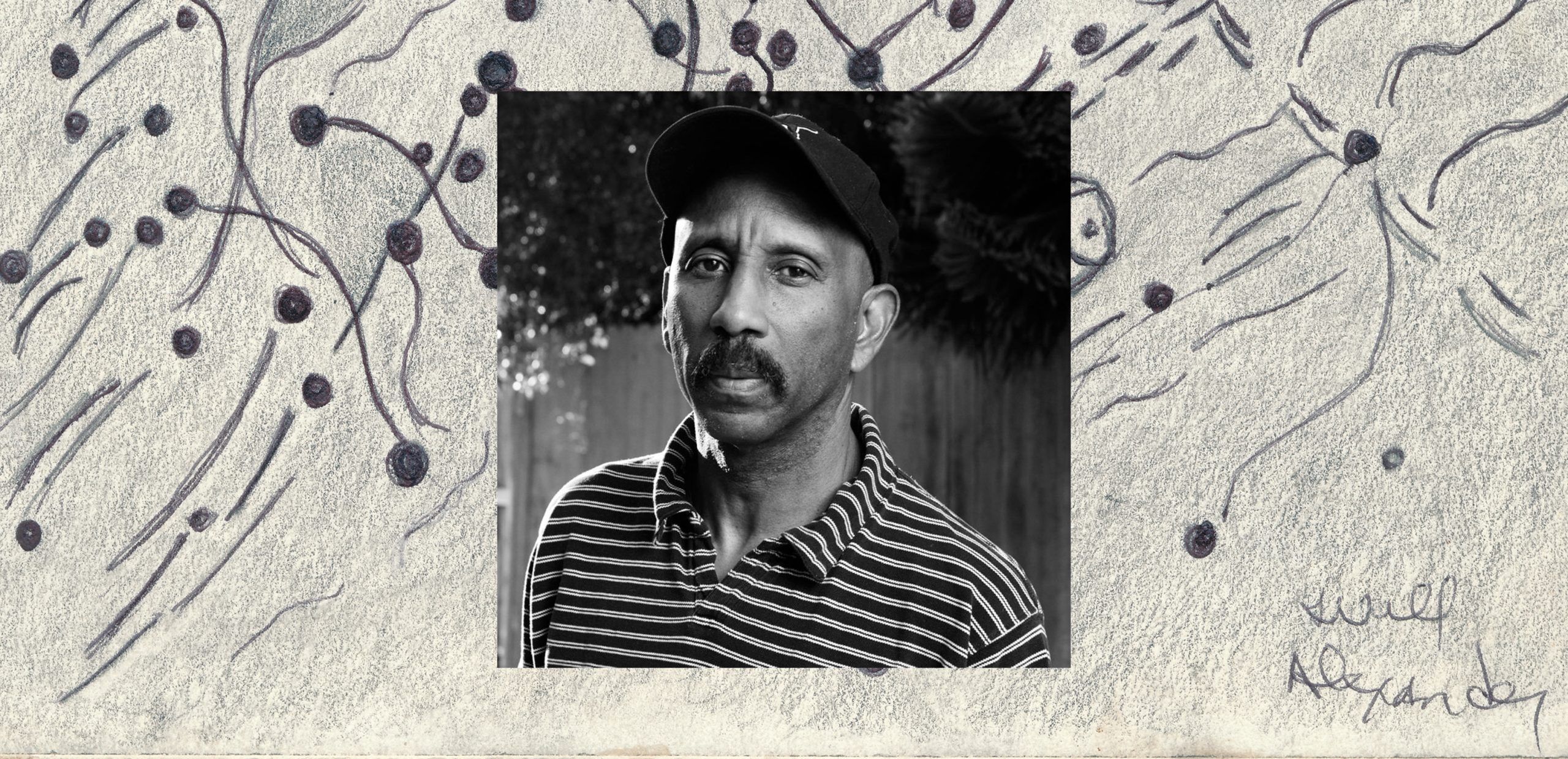
In Outer Space with WILL ALEXANDER
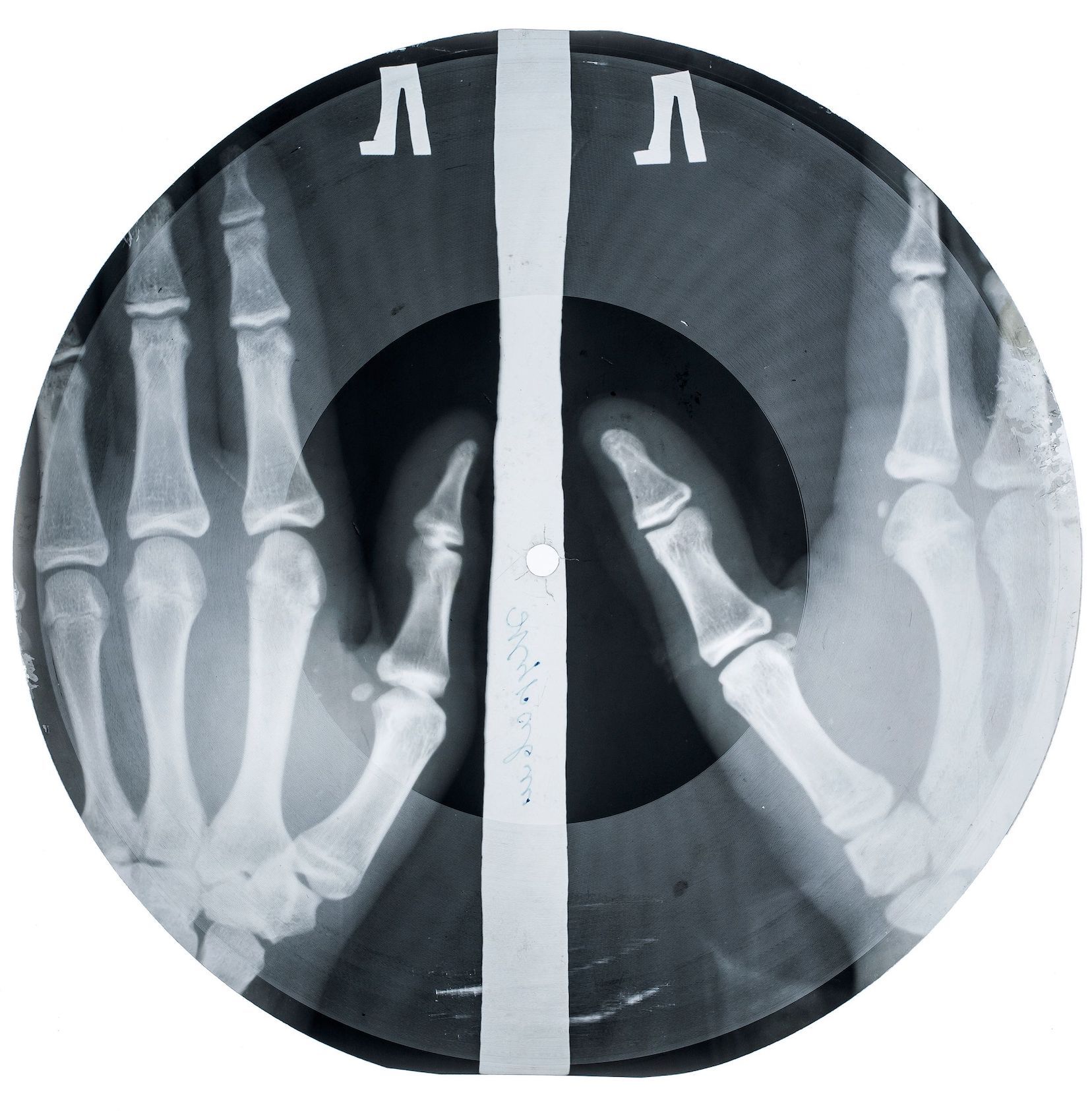
X-RAY AUDIO: The “Bone Music” of the Soviet Union
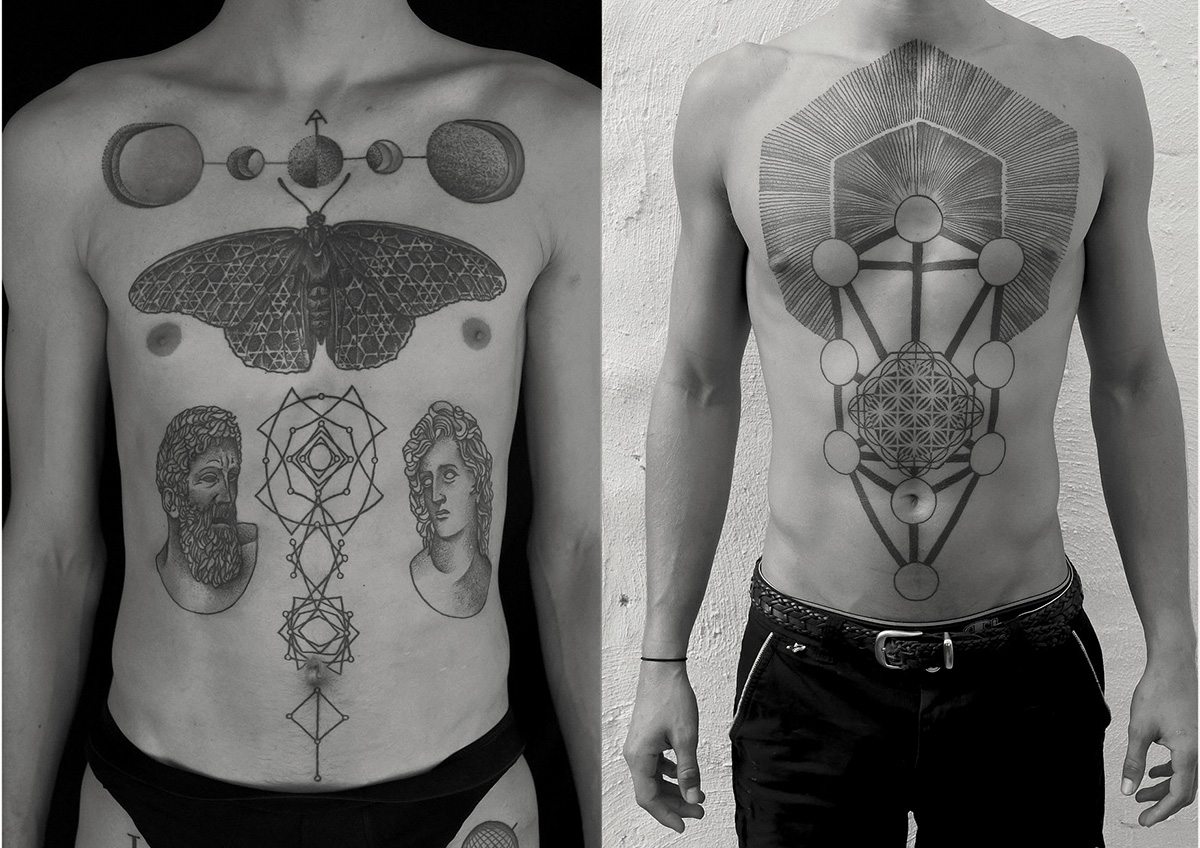
Not Meant for Re-Use: Pain and Personal Freedom through the Eyes of SANG BLEU
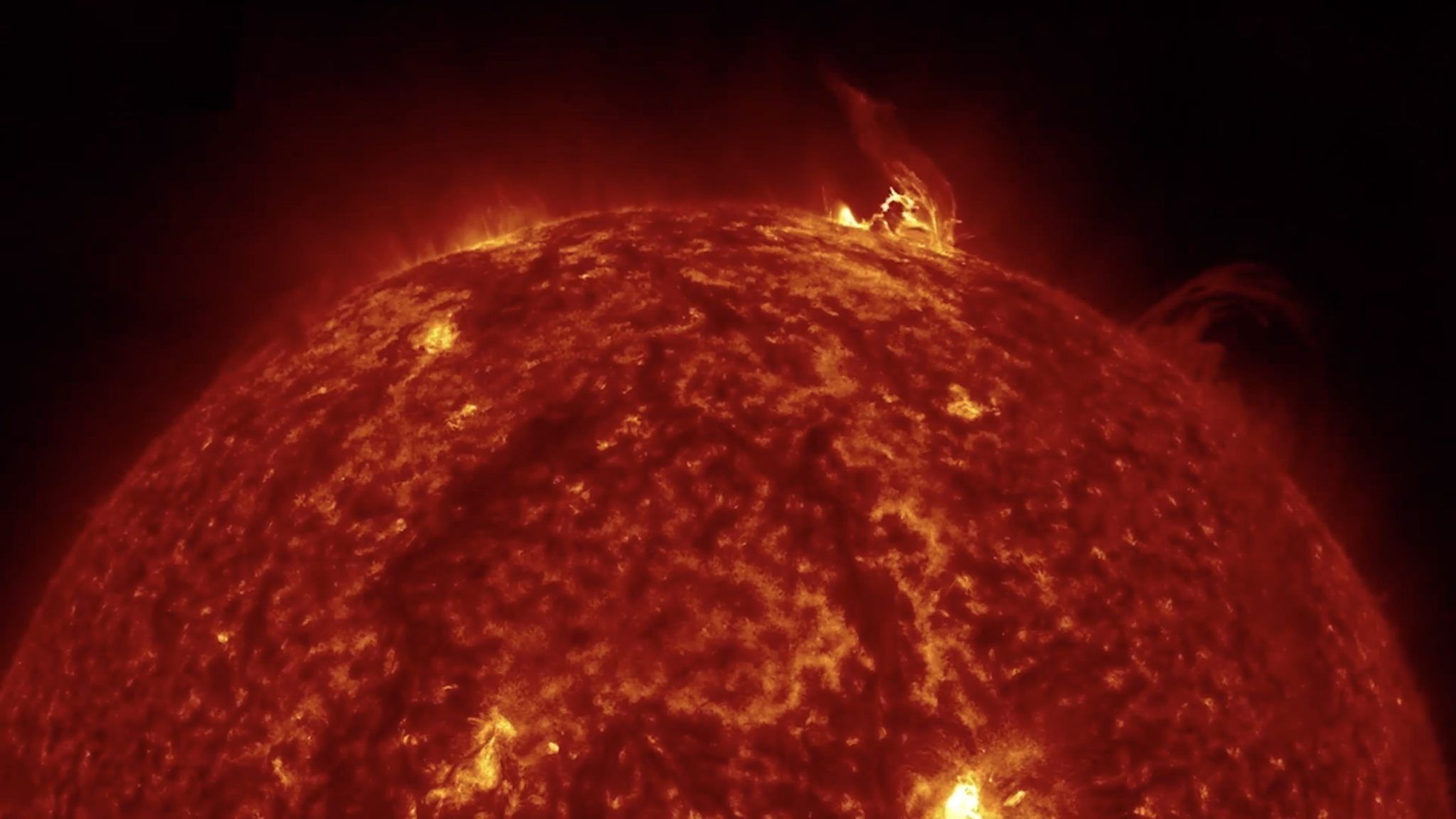
I WAS THAT ALIEN: Filmmaker ARTHUR JAFA in Conversation with HANS ULRICH OBRIST
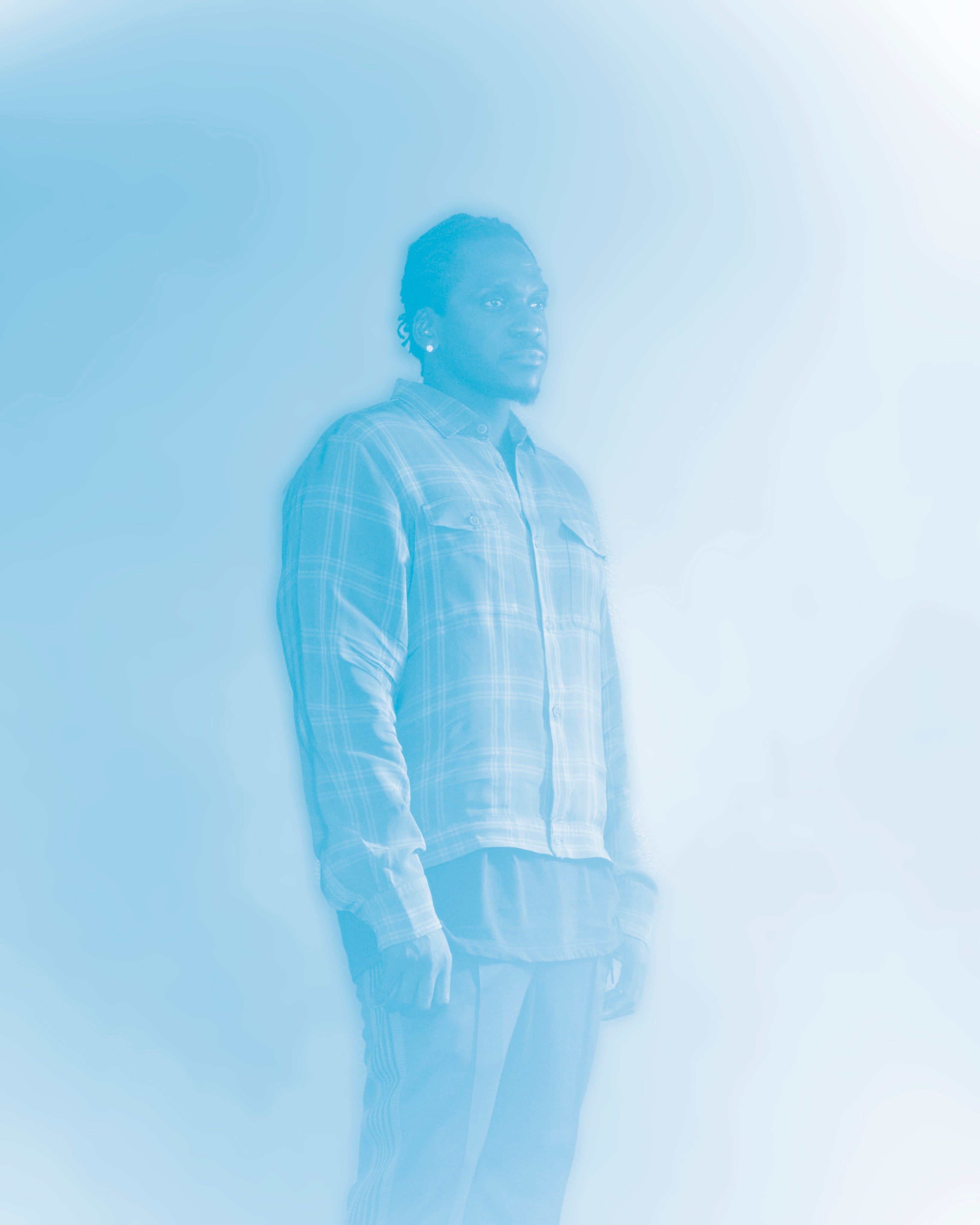
Pusha T From A to B: “We Argue, We Fight, We Disagree. We Make Great Music. We Love It.”